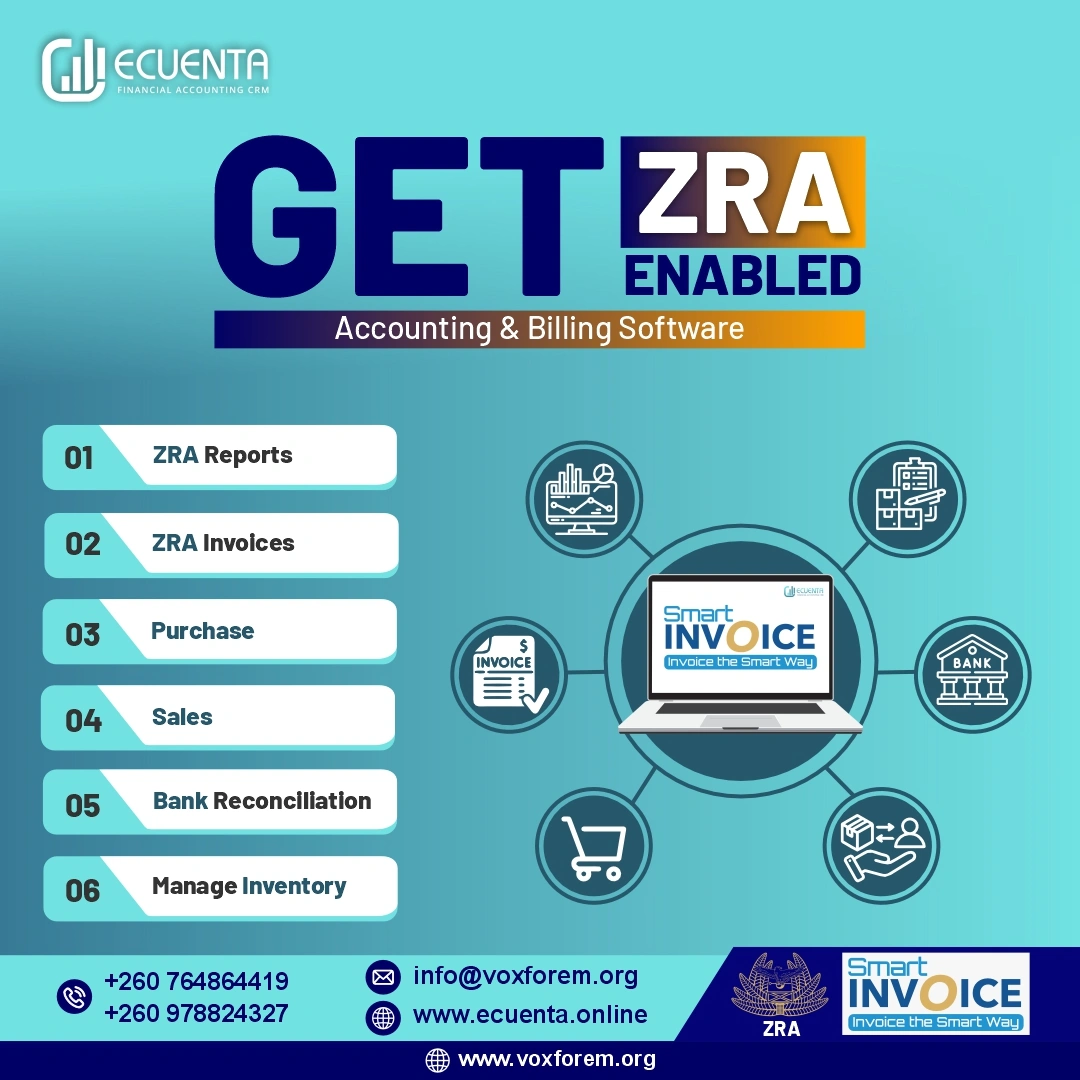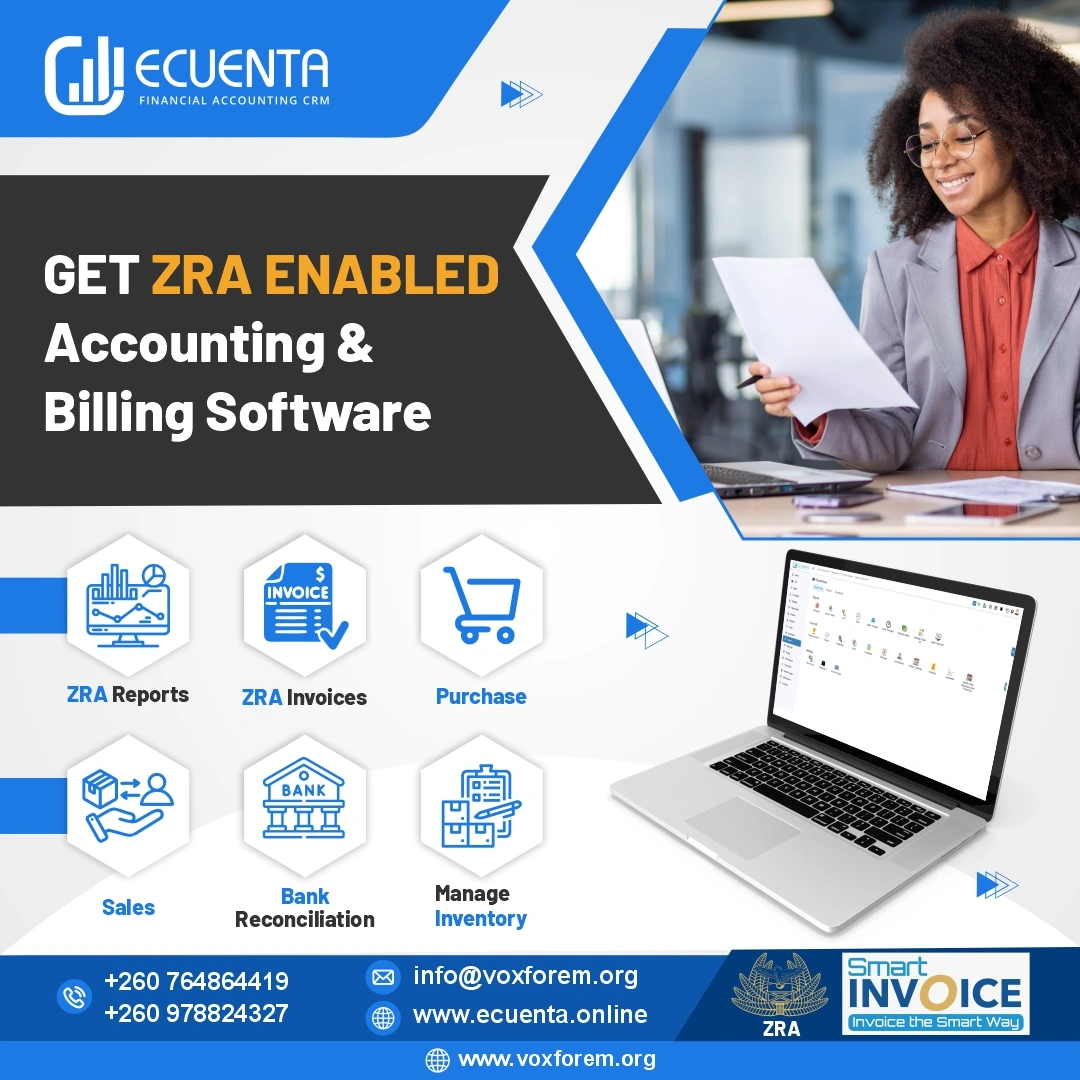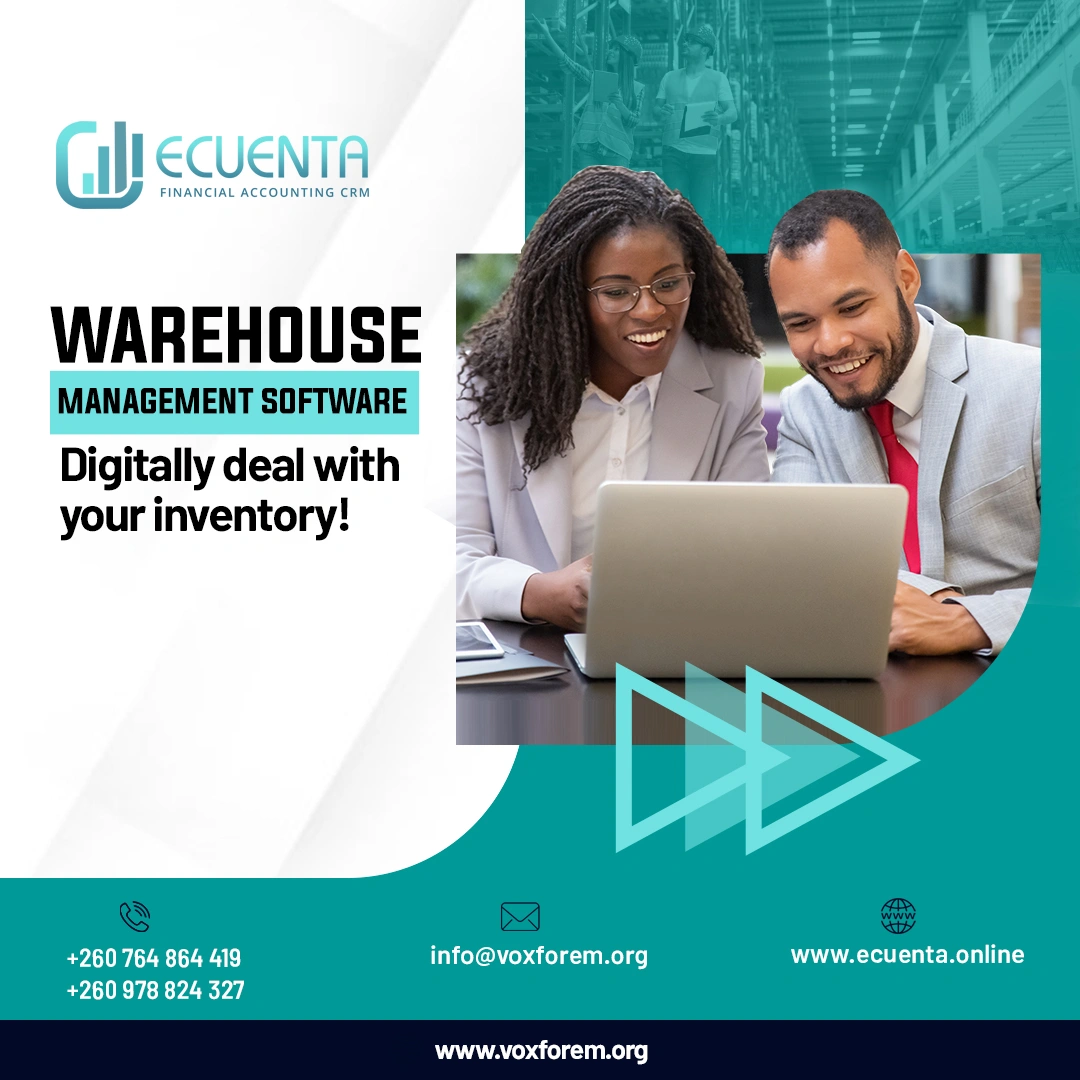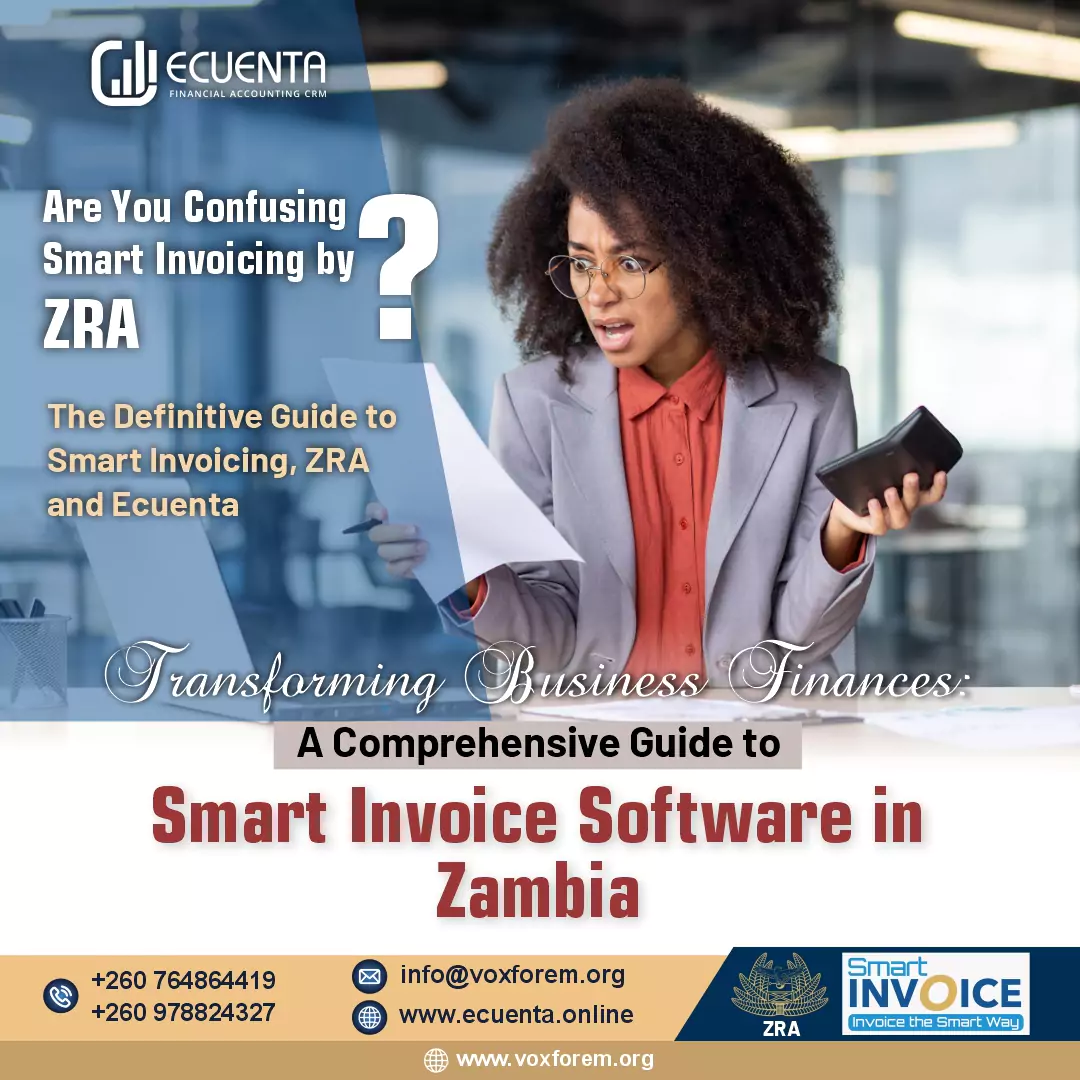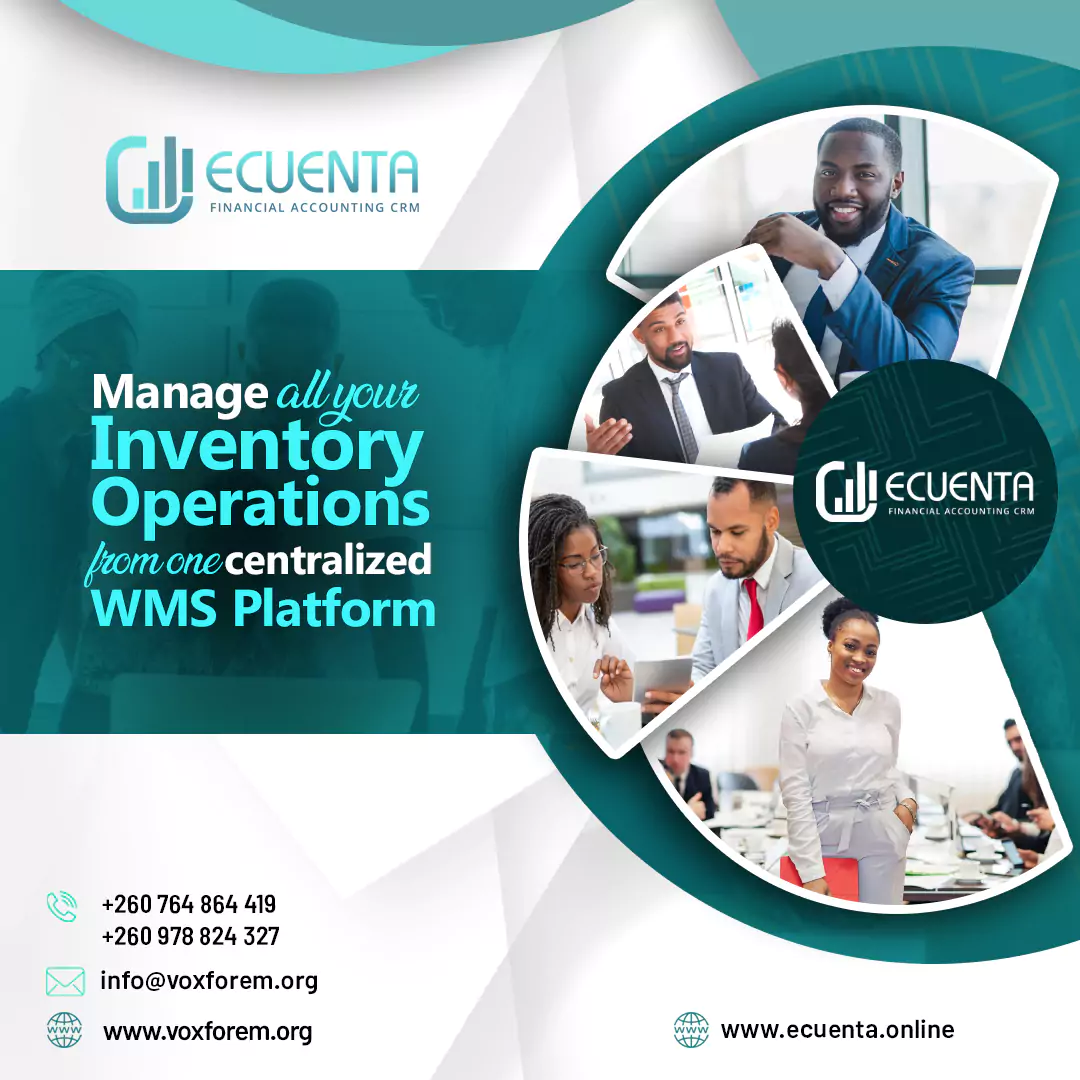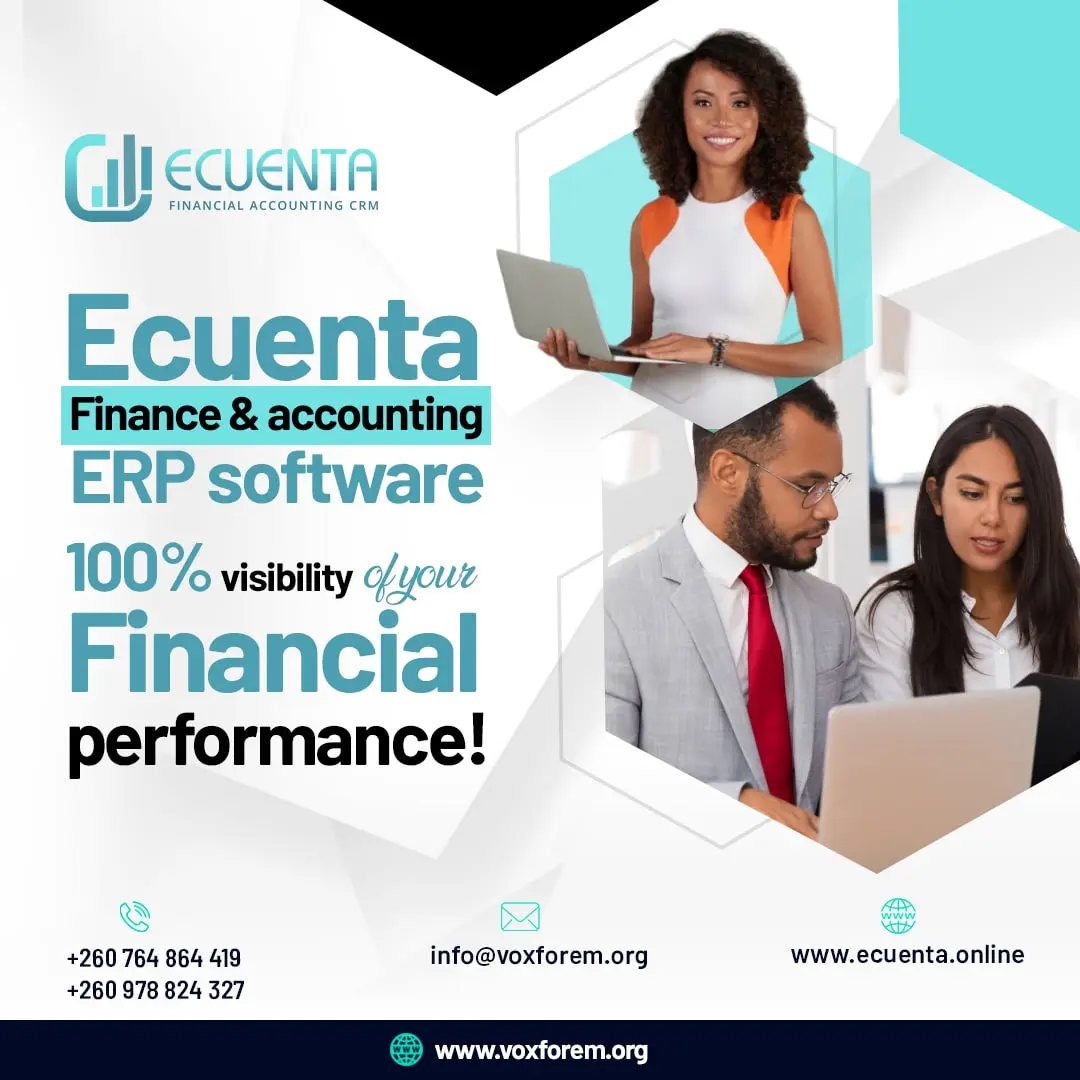
Why Every Business Needs Online Accounting Software?
Accounting is the systematic and detailed recording of a business’s financial transactions. It encompasses various types, including small business accounting, government accounting, management accounting, and corporate accounting. The significance of accounting lies in its ability to track an organization’s financial health and ensure reliability. Without proper accounting, business owners would struggle to assess their financial position or determine profitability.
In today’s business landscape, the role of accountants has evolved beyond simply managing accounts and finances. Modern accountants take on multiple responsibilities across various departments, making their expertise essential to business operations. Their role extends beyond numerical skills, encompassing tasks such as budgeting, financial reporting, and managing external payments. As a result, accountants play a more dynamic and strategic role than traditionally perceived.
Contrary to the common misconception that accounting is solely about bookkeeping, management accounting plays a pivotal role in financial decision-making. It enables businesses to allocate resources efficiently, track performance, and achieve strategic objectives. In an increasingly competitive business environment, effective financial management is crucial for long-term success.
What is Online Accounting Software?
Online accounting software is a cloud-based solution that helps individuals and businesses manage their finances digitally, eliminating the need for manual bookkeeping. Accessible via a computer or mobile device with an internet connection, it offers essential accounting features such as accounts payable, accounts receivable, payroll, and inventory management. Unlike traditional on-premise software, online accounting software is hosted on remote servers, enabling users to access financial data securely from anywhere, anytime.
Why Is Accounting Important?
Accounting is essential for running a business as it helps track income and expenses, ensures compliance with legal requirements, and provides investors, management, and government entities with accurate financial data for decision-making. Accounting plays a vital role in overseeing internal management and meeting the needs of external stakeholders such as investors, creditors, and regulatory agencies. Internally, it enables businesses to track performance, control costs, and make data-driven decisions. Externally, it ensures transparency by providing an accurate financial picture, indicating profitability and overall financial stability. Proper accounting also helps businesses comply with tax laws and regulatory requirements, reducing the risk of legal issues.
Key Roles of Accounting in Business
- Budget Planning
- Tax Compliance
- Profit & Loss Statement (Income Statement)
- Balance Sheet (Statement of Financial Position)
- Recording Journal Entries
- Statutory Compliance
- Strategic Decision-Making
Budget Planning:
Budgeting is crucial for any business, as it enables strategic planning, expense monitoring, and profit maximization. Effective budgeting relies on maintaining accurate financial records, which accountants facilitate by collecting and organizing financial data. These records serve as the foundation for future budget planning and financial forecasting.
Tax Compliance:
One of the most common interactions with accounting occurs during tax season. Proper financial record-keeping simplifies tax filing by ensuring that income and expenses are well-documented throughout the year. This helps businesses comply with tax laws and avoid penalties.
Profit & Loss Statement (Income Statement):
The income statement provides a clear picture of a business’s financial performance over a specific period. It highlights revenue, expenses, and the resulting net profit or loss, helping business owners assess profitability and make informed financial decisions.
Balance Sheet (Statement of Financial Position):
The balance sheet presents a snapshot of a company’s financial position at a given point in time. It details assets, liabilities, and equity, showing the overall financial health of the business. The excess of assets over liabilities represents the company’s capital.
Recording Journal Entries:
Journal entries serve as the foundation of accounting records, documenting each transaction with details of when, why, and how much was involved. Businesses use either a single-entry or double-entry system, with the latter ensuring that every transaction affects two accounts—one as a debit and the other as a credit—to maintain financial accuracy.
Statutory Compliance:
Adhering to financial laws and regulations is crucial for businesses. A well-structured accounting system ensures compliance with government-mandated obligations, such as sales tax, income tax, VAT, pension funds, and other liabilities. Accountants play a key role in managing these responsibilities, reducing the risk of legal issues.
Strategic Decision-Making:
Effective accounting and financial management contribute to business success by informing strategic decisions. With accurate data, businesses can create realistic budgets, analyze financial trends, and develop strategies to achieve their financial goals and long-term growth.
Why Online Accounting Software is Beneficial
Here are some key advantages of using online accounting software:
Access Anytime, Anywhere
You can manage your finances from anywhere, even while travelling, as long as you have an internet connection.
Cost-Effective
Online accounting software is an affordable option, especially for small businesses, as it eliminates the need for expensive hardware or IT maintenance.
Automatic Updates & Data Security
Software providers handle updates and security, ensuring your financial data is always protected and the system remains up to date.
Easy Collaboration
Multiple users, including team members and accountants, can access and update financial data in real-time, no matter where they are.
Enhanced Data Security
Cloud-based accounting solutions use advanced security measures to protect financial information, making it safer than traditional paper records.
Simplified Tax Management
The software helps streamline tax calculations and filings, reducing the hassle of tax season.
Scalable for Business Growth
As your business expands, online accounting software can scale with you, offering features that adapt to growing financial needs.
How to Choose the Right Online Accounting Software in Zambia
Selecting the right online accounting software is essential for managing your business finances efficiently. Here are key factors to consider when making your choice:
- Company Size
- Business Model
- Essential & Advanced Features
- Compliance with Local Regulations
- Ease of Use
- Scalability
Company Size
The size of your business determines your accounting needs. Larger businesses require more advanced features, such as detailed financial reporting and multi-user access, while startups and small businesses may only need basic bookkeeping tools.
Business Model
While major accounting software solutions cater to various industries, some providers specialize in specific business types. For example, certain platforms are designed for e-commerce businesses, while others focus on B2B service providers. Choosing software that aligns with your business model ensures it meets your specific needs.
Essential & Advanced Features
Ensure the software includes the features your business requires. Most platforms offer core functionalities like general ledger management, accounts payable, and bank reconciliation. However, if you need advanced tools such as inventory management, payroll processing, or financial forecasting, verify that these features are included before making a decision.
Compliance with Local Regulations
Your accounting software should comply with Zambia’s financial and tax regulations, ensuring that financial data is stored securely and reports are generated in accordance with local laws. This helps businesses stay tax-compliant and avoid penalties.
Ease of Use
A good accounting system should be user-friendly and intuitive, making it easy to navigate and manage financial transactions. If your business operations are complex, the software should be adaptable to evolving needs. Additionally, consider how quickly new accounts can be set up complicated onboarding processes may indicate that the software isn’t the right fit for your business.
Scalability
As your business grows, your accounting software should be able to scale with it. Look for a solution that supports increased transaction volumes, additional users, and expanded functionalities. Choosing scalable software ensures long-term usability and eliminates the need for frequent system changes.
Why adopting online accounting in 2025 is crucial for Zambian businesses?
The right small business accounting software is more than just a tool it forms the foundation of a company’s financial health. It should be flexible enough to adapt and scale as the business grows. By 2025, businesses can no longer rely on outdated manual accounting methods. Investing in a cloud-based accounting system like Ecuenta with seamless integrations and real-time financial tracking will save time, minimize errors, and provide better financial control. With the right accounting software, small business owners can shift their focus to what truly matters growing their business, making informed financial decisions, and ensuring long-term success.
Conclusion
When selecting online accounting software for your business, consider key factors such as cost, features, business needs, and your team's capabilities. Online accounting software is one of the most effective ways to manage finances, streamline operations, and ensure accurate financial tracking. With the right software in place, small business owners can focus on growth, make smarter financial decisions, and build a sustainable, successful business.
Are you looking for reliable accounting software in Zambia to support your financial management? Ecuenta offers comprehensive accounting services, including account administration, financial analysis, report generation, and internal/external audits. Contact us today and let us help you drive your business toward success!


